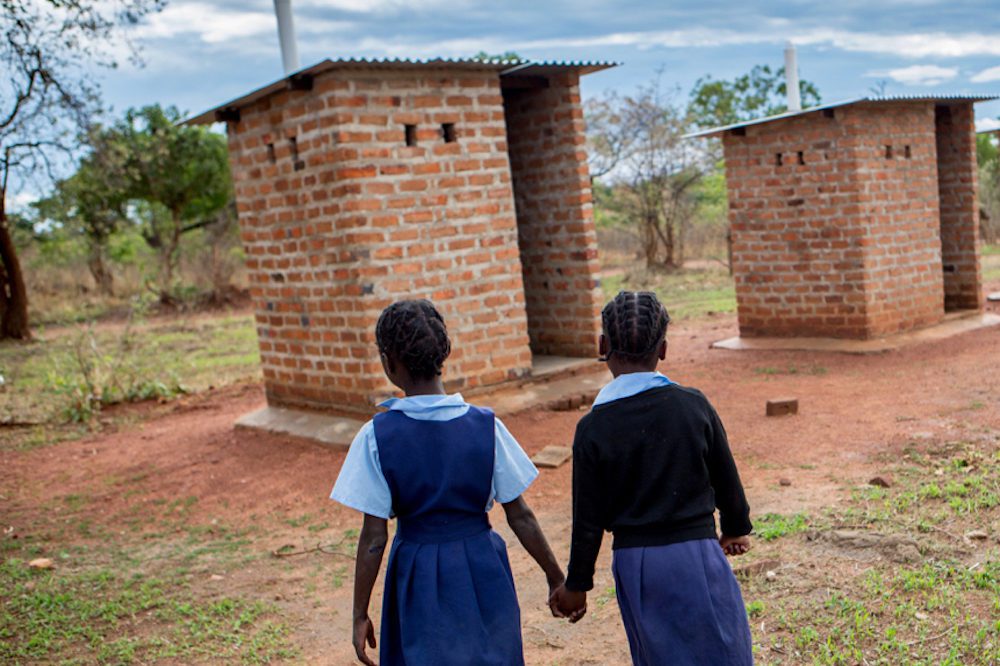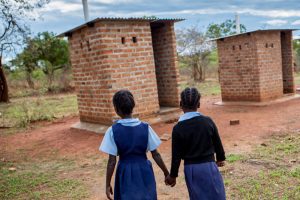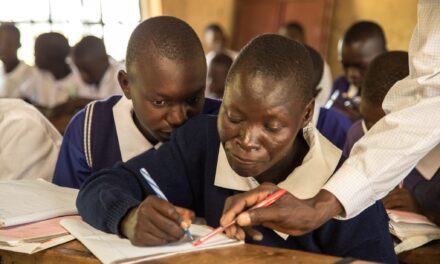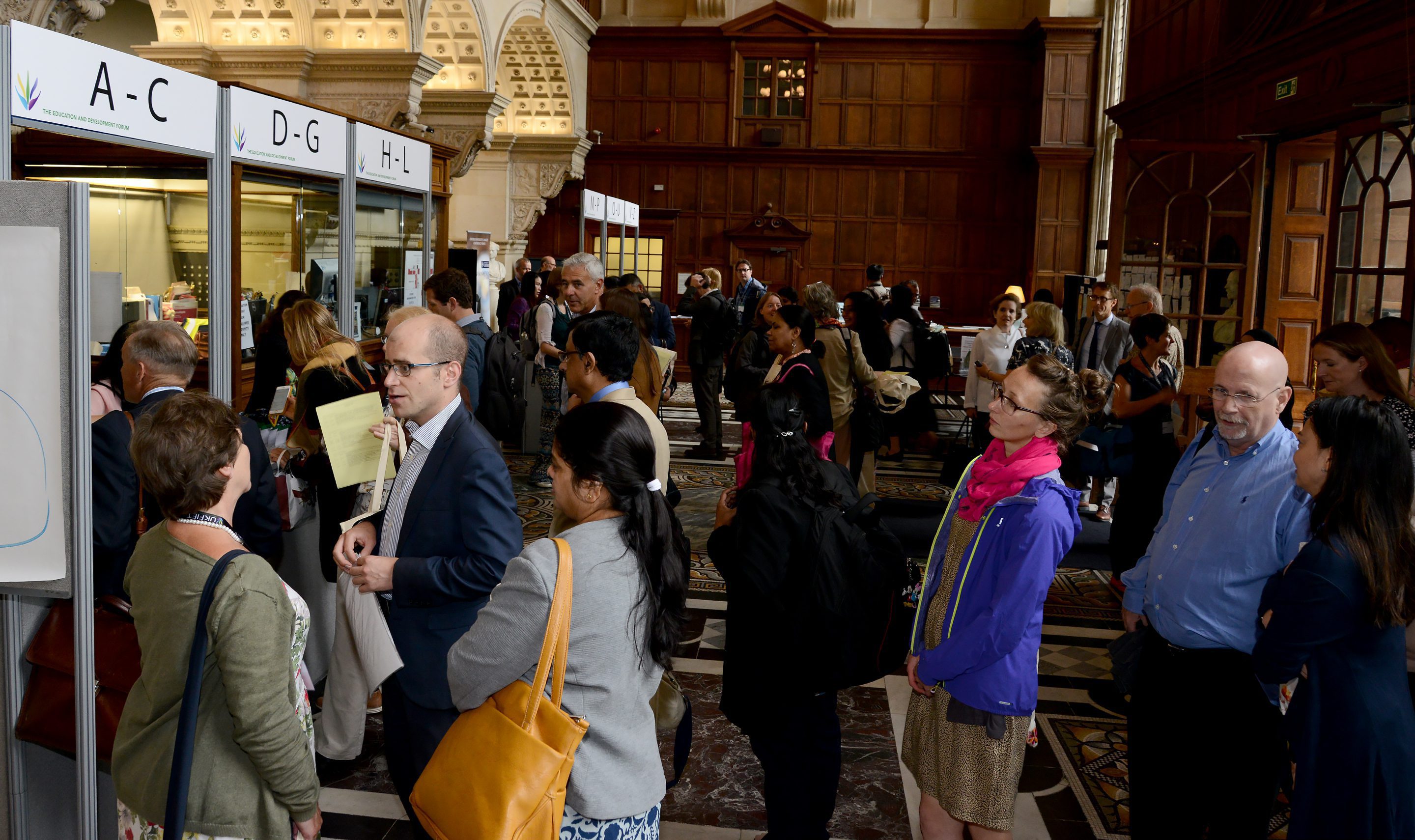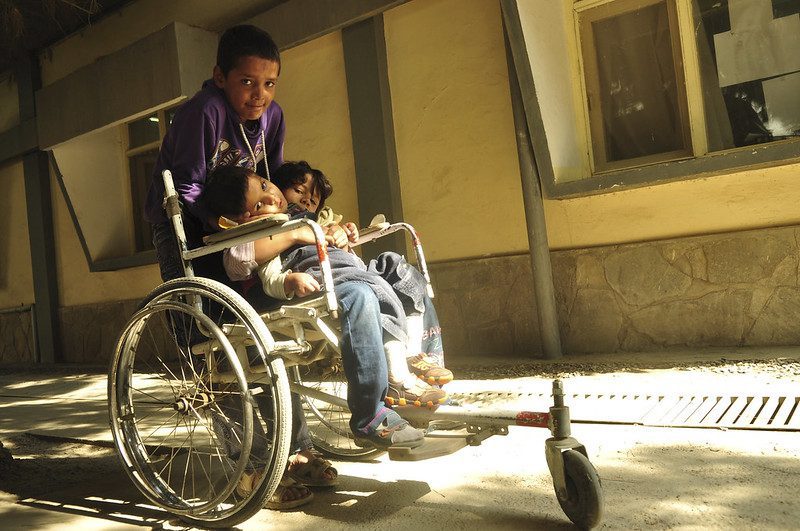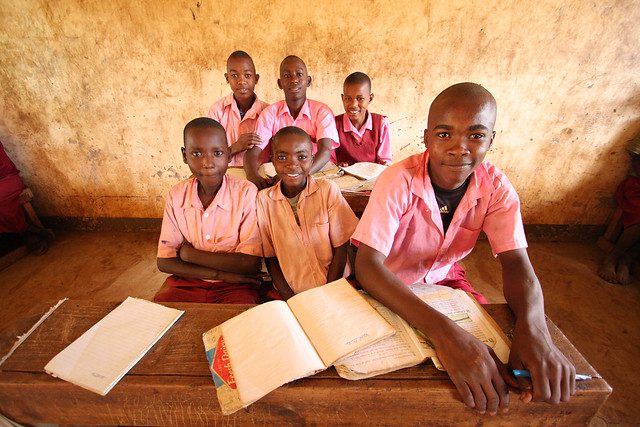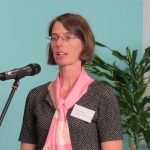 Dr Ruth Naylor, Senior International Consultant with Education Development Trust and Conference Vice-Chair for 2019 UKFIET Conference, reflects on this year’s conference theme.
Dr Ruth Naylor, Senior International Consultant with Education Development Trust and Conference Vice-Chair for 2019 UKFIET Conference, reflects on this year’s conference theme.
Many tonnes of concrete have been poured in the name of inclusive education, but a ramp does not make a classroom inclusive of children with disabilities, neither does a girls’ toilet block make a school gender sensitive. Too often, these artefacts are the inclusion equivalent of greenwash, like a solar powered phone charger on a 4×4 gas guzzler. This year’s UKFIET conference seeks to cut through the superficial “inclusionwash”, to grapple with questions of how policies, practices and cultures of education systems can be transformed to become both inclusive in themselves and to promote an inclusive mindset in the next generation.
System level inclusion needs to be shaped by inclusive policies, with legal and policy frameworks reflecting the inclusion of all learners. Inclusion needs to be built into mainstream education policy, and not purely reliant on stand-alone policies on special education needs, refugee education or girls’ education policies. This conference will be an opportunity to explore what this means in practice, understanding the good (policies that promote inclusion), the bad (inclusion-blind policies that unintentionally reinforce exclusion) and the ugly (policies that explicitly exclude).
Good data are needed to design and implement good policies, and to monitor whether these policies are leading to more equitable outcomes. But it is difficult to find reliable data on the access to education and learning of people with disabilities in many contexts. Without data to show the extent of the challenges that people with disabilities face in realising their right to education, it is too easy for policymakers to play the “see no evil” blind monkey. It is great to see that the 2016/17 Ethiopian annual education statistical abstract contains not only figures for the number of students with special educational needs, but also figures for the numbers of trainee teachers with disabilities. And while the numbers are low for a country the size of Ethiopia (130 men and 73 women with disabilities enrolled in teacher training courses), having the data means that the system can track progress from this modest but important start. This UKFIET conference will present a space to explore strategies for including other groups that often remain “invisible” and excluded: internally displaced people; undocumented immigrants; ethnic and linguistic minorities; illiterate women and others commonly excluded from education and training opportunities.
Putting good inclusive policies into practice requires additional support and training for teachers to ensure that all learners are participating and achieving to their full potential. This may involve new roles: teaching assistants to provide targeted support to learners with special needs, including language needs, and experts working at the district level to support schools. But there also needs to be a more inclusive culture, both inside the education system and within communities. The curriculum can be instrumental in transforming this. This conference needs to explore not only how to include those who have been excluded from learning in the past, but also how those included now can learn not to exclude in the future.

